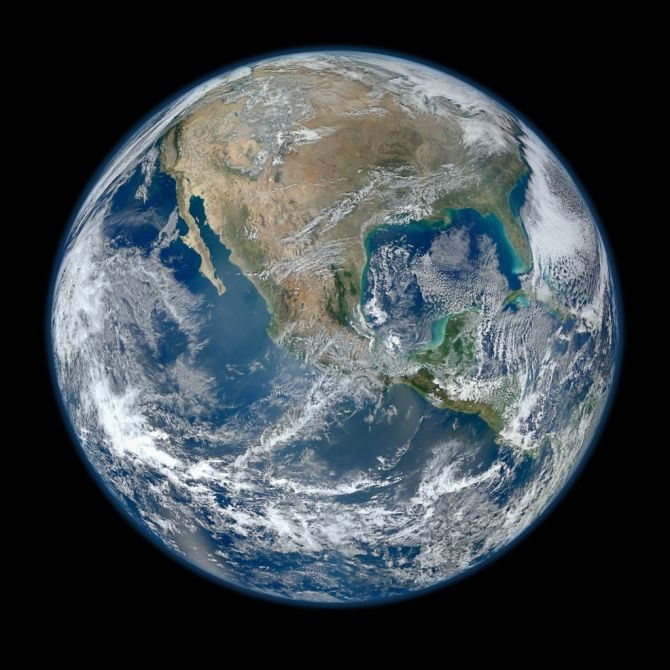Threat of Mayan Apocalypse Prompting Suicidal Thoughts in Some

For many people, the Mayan apocalypse is seen as a bit of a joke. Anytime anything bad happens, it is viewed as a sign of the end of the world. However, the end of the world - seen to be on the winter solstice on December 21, 2012 - has a dark side as well. For some people, they view this date with depression and anxiety. For some, it has even fueled suicidal thoughts.
On December 21 of this year, a cycle of the Mayan calendar, called the thirteenth bak'tun, will end. However, scholars of the ancient Maya do not believe that the people would have believed that the day was apocalyptic. Despite this fact, rumors of a grisly end of the world have taken root.
That is why the United States' National Aeronautics Space Administration, or NASA, has stepped in. The agency has fielded many appeals from people who proclaim to have an inability to sleep or eat, due to the stress brought on by the coming apocalypse. Because none of the claims are true, the agency even has a special web page created to debunk related myths. David Morrison, an astrobiologist at the NASA Ames Research Institute, says that the agency has received letters and emails from people, many of them young adults, who claim that the anxiety brought on by December 21 is causing suicidal thoughts.
NASA's website picks apart the most common theories, like of a "total blackout" between December 23 and 25 ("Absolutely not"), planetary alignments ("Each December the Earth and sun align with the approximate center of the Milky Way Galaxy but that is an annual event of no consequence."), and the possibility of another planet hitting ours ("If Nibiru or Planet X were real and headed for an encounter with the Earth in 2012, astronomers would have been tracking it for at least the past decade, and it would be visible by now to the naked eye.")
Most of all, NASA stresses, "Just as the calendar you have on your kitchen wall does not cease to exist after December 31, the Mayan calendar does not cease to exist on December 21, 2012. This date is the end of the Mayan long-count period but then -- just as your calendar begins again on January 1 -- another long-count period begins for the Mayan calendar."
Published by Medicaldaily.com



























